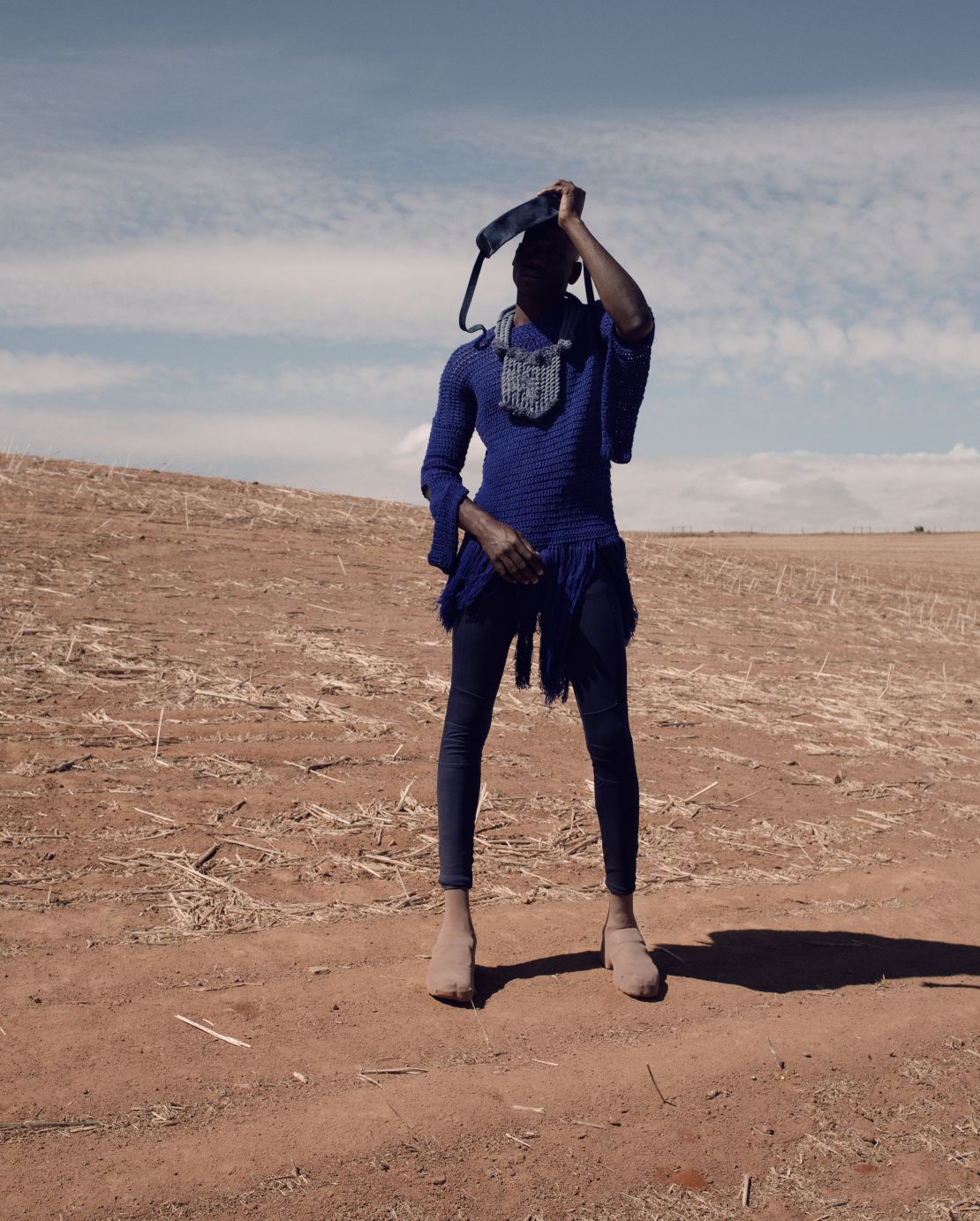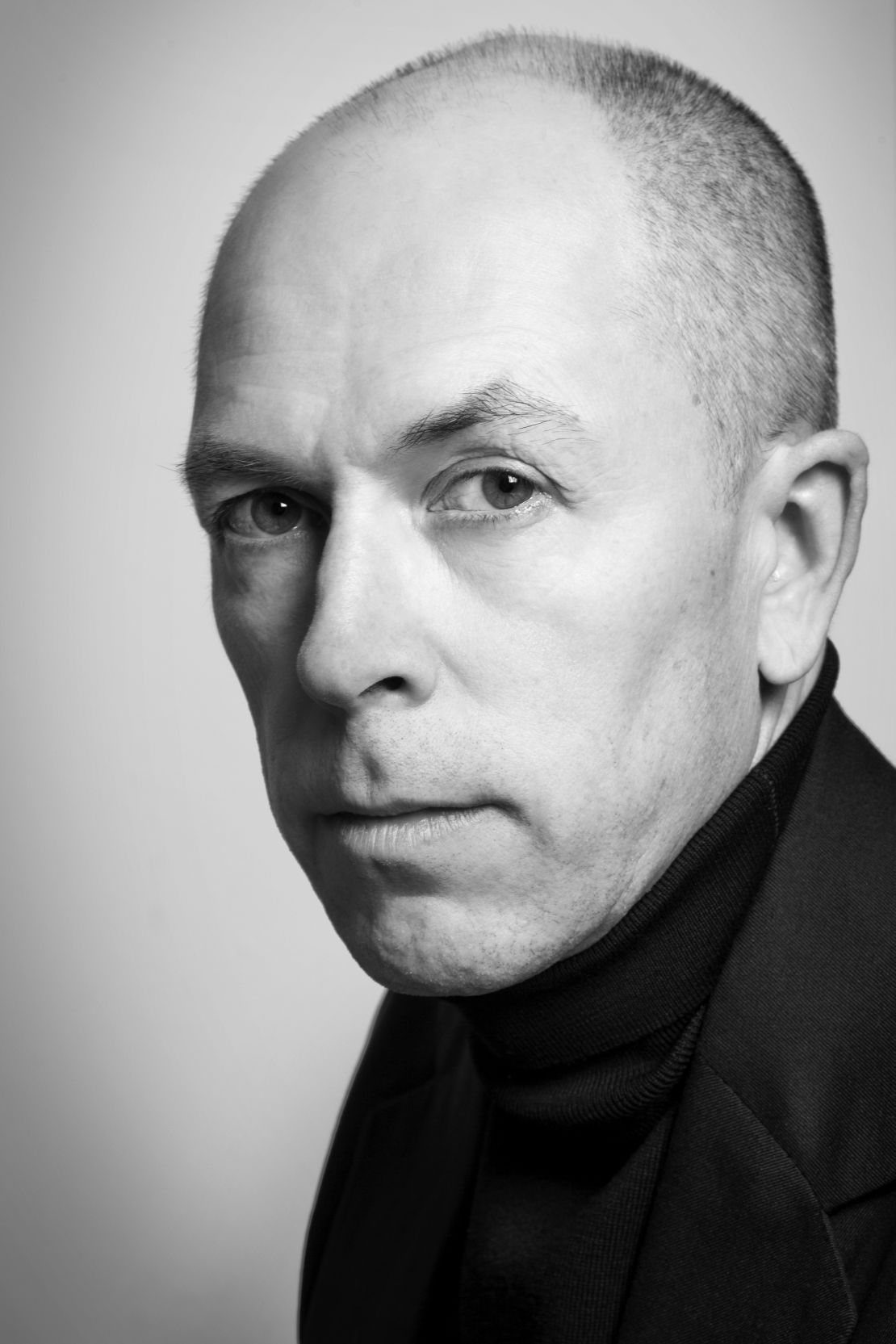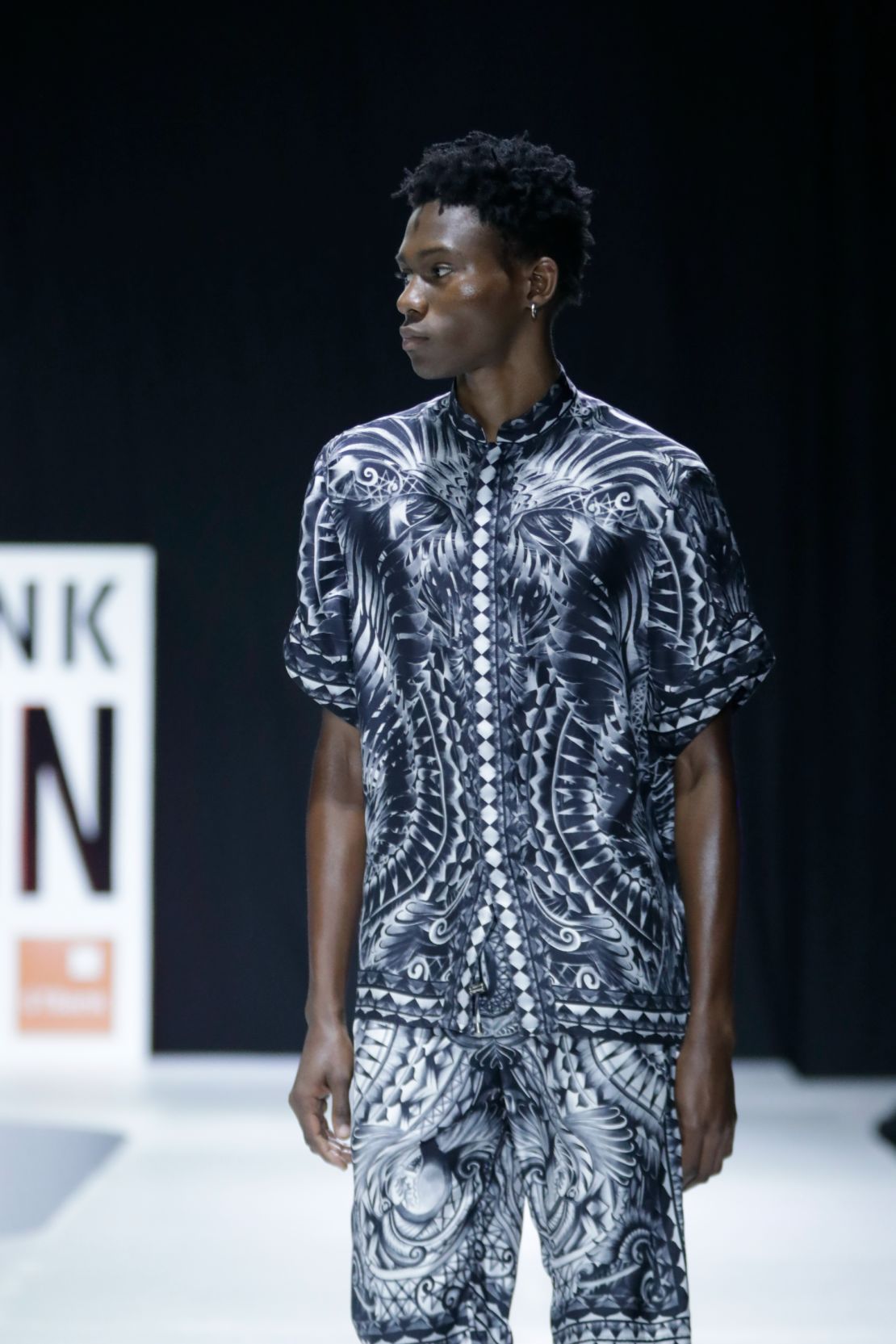Editor’s Note: Dylan Jones is editor-in-chief of British GQ and the chairman of London Fashion Week Men’s. The opinions expressed in this commentary are solely those of the author.
We are always being told that West Africa is a coming thing in fashion. In the same way that people fell over themselves a decade ago trying to tell anyone who would listen that China was going to be the coming place for art.
Curves steal the spotlight during LFDW
So, for the last few years we’ve been inundated with opinion pieces saying that in terms of style, Nigeria is about to go global.
Having just returned from the GTBank Fashion Weekend I would say that they might actually be right. Held last weekend on Victoria Island in Lagos, the event was positioned as a way to encourage local businesses, helping them amplify their brands in the process.
Unusually, it was also a B2C event, targeting consumers rather than retailers or wholesalers. I gave one of the masterclasses on Sunday afternoon, and the level of feedback and interaction was more than impressive.

Often when I speak at similar events – especially business schools – the levels of engagement can be disappointing, but I immediately sensed that the people in the audience had actually come for practical business advice, and all had pertinent questions relating to their industries.
But it was the brands themselves that impressed me most, as well as the fact that a lot of the brands were aiming at the men’s market, with a strong emphasis on tailoring.
As the chairman of London Collections Men (which has now been rebranded Fashion Week Men’s) I have already seen various Nigerian designers who have decided to show at London Fashion Week (the best of which I have to say is Orange Culture), but it was great to see so many young designers with a genuine sense of flair and originality.
Fusion of sensibilities
Lagos is certainly no backwater in terms of upmarket consumer culture, and you only have to visit Alara, the extraordinary multi-brand store founded by Reni Folawiyo and designed by superstar architect David Adjaye to see that at its best, luxury lifestyle in Lagos is as sophisticated as it is in London, New York or Los Angeles.

Alara stocks both Western brands and pan-African designs, and is a reflection of the way in which there has recently been a genuine fusion of African and European design sensibilities.
This fusion could be seen at the Fashion Weekend, as you had fashion shows from the likes of British designer Julien Macdonald, as well as from local designers such as David Tlale and Taibo Bacar.
I talked to Julien the day before his show, and he was blown away by the enormity of the project, and by the local team’s attention to detail. “It’s one of the biggest shows I’ve ever done,” he said, before rushing off to another rehearsal.

Obviously Lagos has a long-standing history of fine men’s tailoring, and this was in evidence throughout the weekend, not just on the catwalk and on the rails of the exhibitors, but also on the backs of the sharply dressed men who turned up to take selfies with each other. Most of the men I met were in related industries, and nearly all of them had bought their clothes locally.
Sartorial rat packs?
So while they may have looked as though they had spent inordinate amounts of time shopping in independent retailers in Williamsburg, Shoreditch, or Berlin, most items appeared to have originated (designed and produced) in Lagos.
The styles themselves were largely a rather smart mix of the traditional and the contemporary, where for instance you would see a sharply cut two-piece suit (one you might see sported by the likes of Tinie Tempah, Kanye West or Justin Tiumberlake), but made from vibrant local fabrics. This was Savile Row tailoring with a twist, bespoke suits seen through the filter of modern Africa. Many of the suits also celebrated the mythic sartorial inventions of the Rat Pack.
Global impact, via Instagram
I was asked repeatedly how small tailoring businesses in the area could attract more attention, given that hardly any of them have marketing or publicity budgets; and my answers were based around social media.
Given the way in which Instagram has taken over the world, and the way in which it has now got serious traction in the fashion, art and design micro-climates, it would be foolish not to use it as a marketing tool.
Judging by the number of photographs taken over the weekend, and the thousands of pictures posted online, this is an opportunity that is already being exploited.
In the West we still have a rather imperialistic view of the luxury goods industry, looking at every emerging market as a way of refreshing weak domestic sales. However, it is these very same emerging markets where a lot of the creativity and ingenuity is emerging from, and we should be more mindful of this.










































![Androgynous brand Orange Culture. "In a few years [Africa] is going to be a completely different landscape" says Adebayo Oke-lawal, the designer behind Orange Culture. People have the skills and textile factories are popping up he explains.](https://media.cnn.com/api/v1/images/stellar/prod/160513173131-fashion-cities-africa-15.jpg?q=w_2710,h_1800,x_0,y_0,c_fill/h_447)








